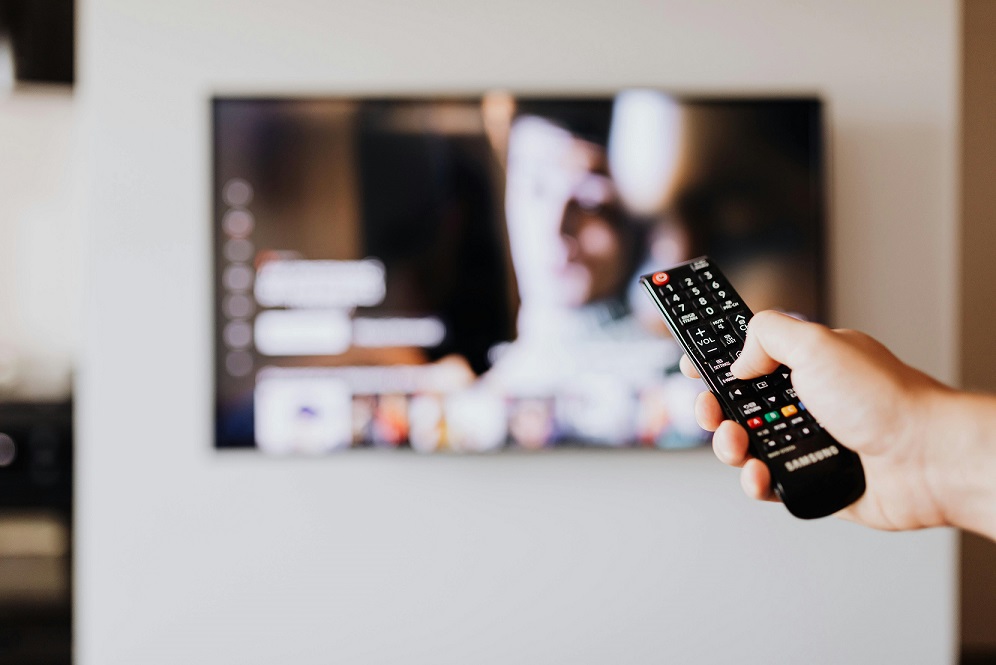Closed captioning is a fast, affordable solution for making TV commercials, or “spots,” accessible to over 50 million deaf and hard-of-hearing Americans. The gubernatorial candidates in Maryland now know this as well as anyone.
On Thursday, October 9th, in Baltimore, the hopefuls for the highest Maryland office participated in a forum hosted by the National Federation for the Blind that focused on disability rights issues. The moderator asked each of the candidates — who appeared separately at the forum — why they had chosen not to add closed captioning to their televised political ads.
Lt. Governor and Democratic hopeful Anthony G. Brown cited cost as a factor and answered, according to The Washington Post, that “the resources available to my campaign aren’t nearly the resources available in state government.” Republican Boyd Rutherford, standing in for Larry Hogan, argued that he was not directly involved in the process of creating ads, but stated that cost was not likely a factor in the decision. The Libertarian candidate, Shawn Quinn, said that he would have included captions if he could have afforded television ads.
Brown, who has a substantial lead in the race with less than three weeks before election day, has benefited from high-profile endorsements from former President Bill Clinton and Vice President Joe Biden. He had raised over $11 million for his campaign as of May. By contrast, closed captioning for a single TV spot costs $75.
VITAC captions thousands of TV spots per year, many of which are prepared and turned around in the same day. Captions, which are mandated on all full-length broadcast programs, bring an advertiser’s message to millions of Americans — and voters.
To inquire about captioning TV spots, please call (724) 514-4077.
by Carlin Twedt



